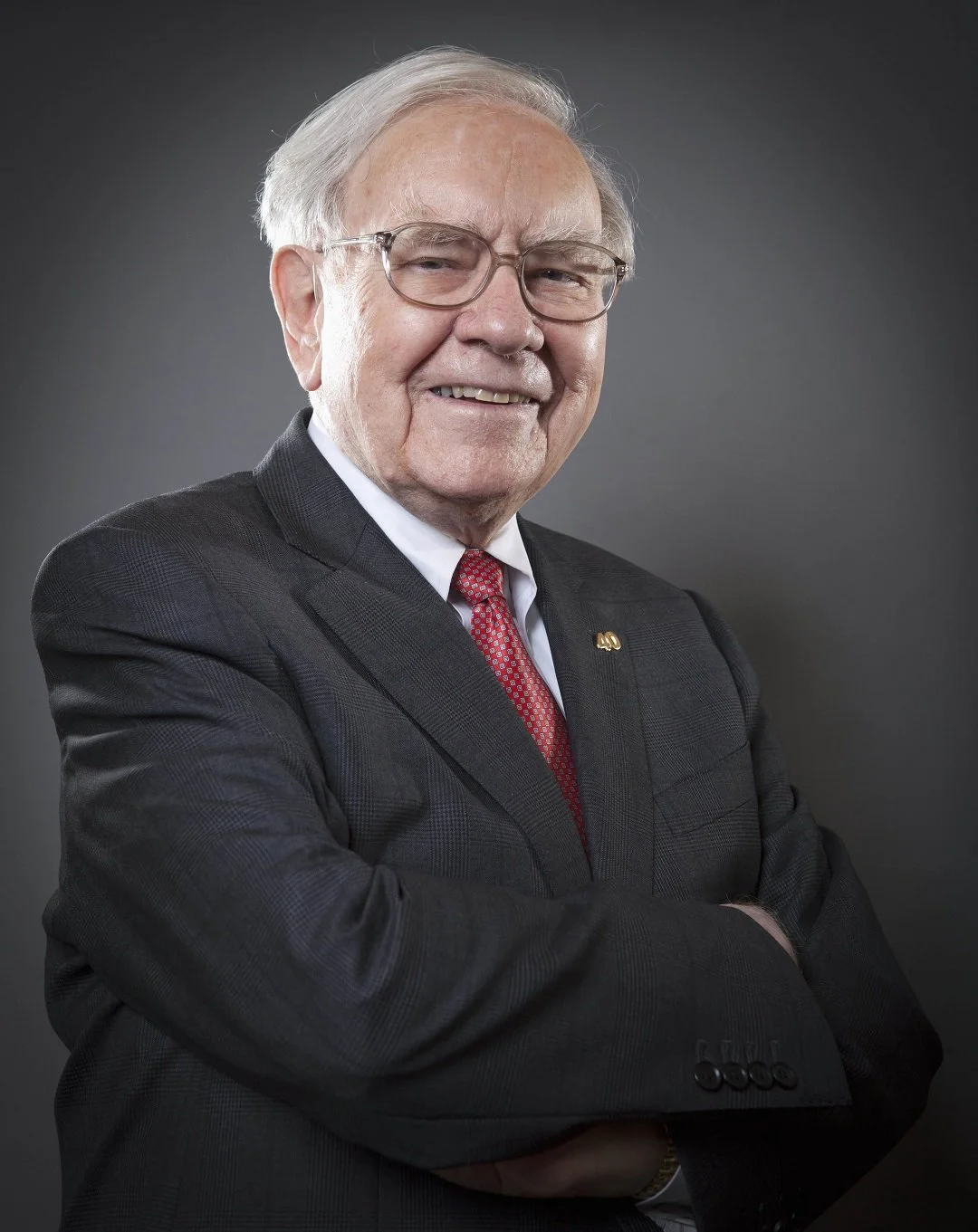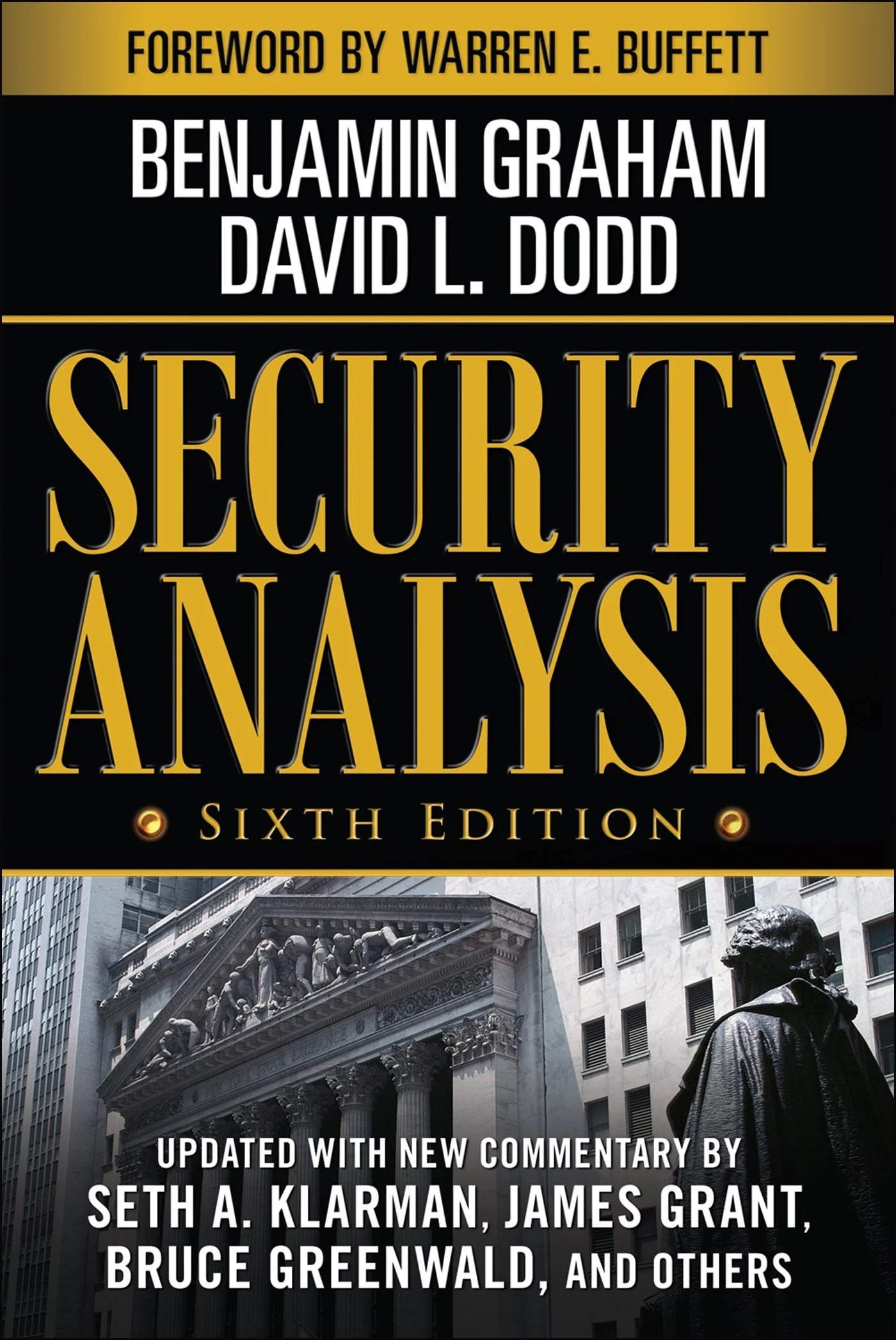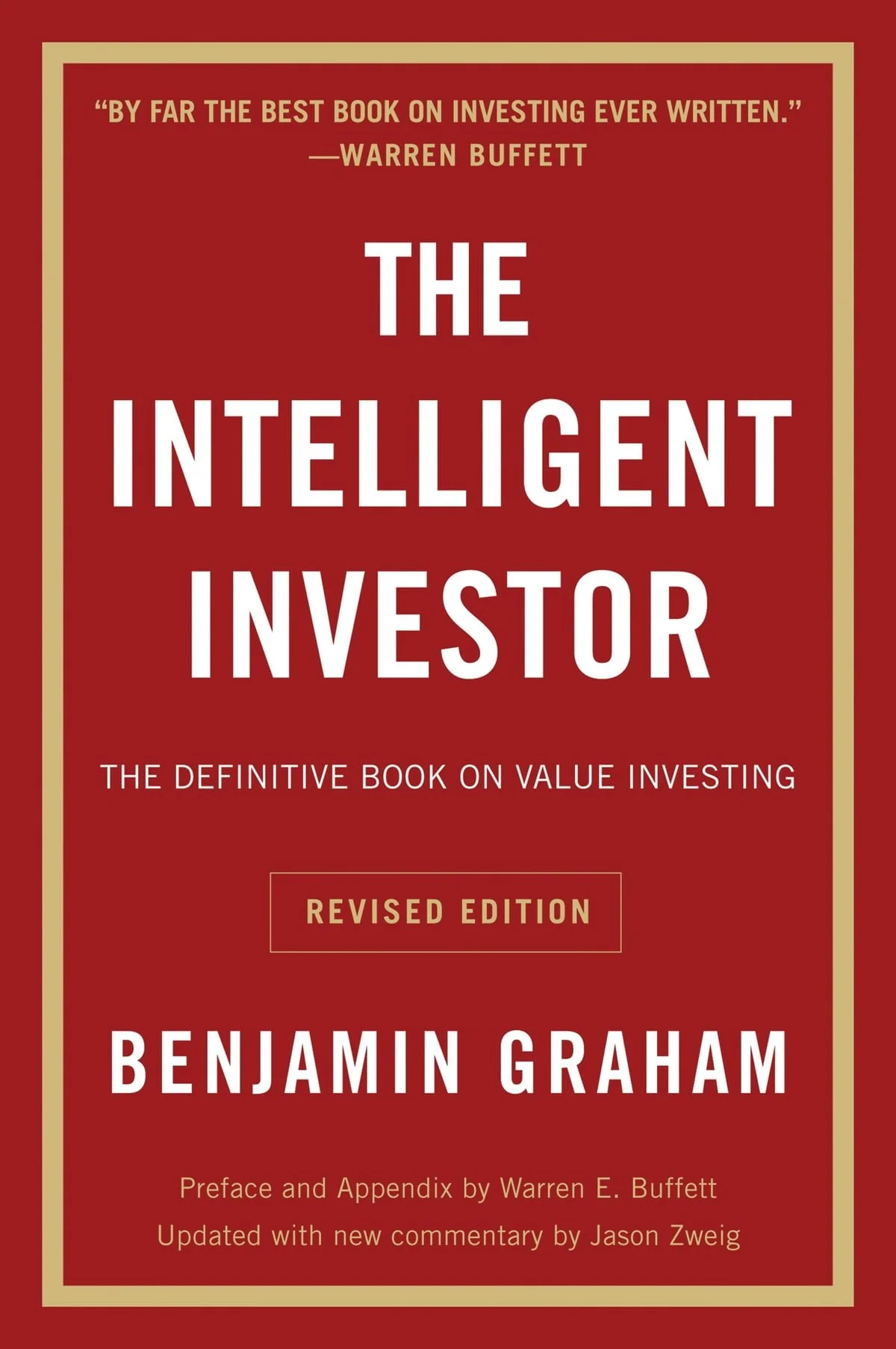
Warren Buffett Investing
Learn from the Greatest Investor of All Time
Warren Buffett Investing
For those who may prefer, this presentation covers the same principles explained in the text below:
Contents:
Thank you.
“What should I do next?”
Who is Warren Buffett?
Buffett Quote: “I’ll give my children enough money so that they would feel they could do anything, but not so much that they could do nothing.”
Warren Buffett was born on the 30th of August 1930 in Omaha, Nebraska, USA.
He is the chairman and CEO of Berkshire Hathaway, one of the largest and most valuable companies in the world.
His personal net worth is around US$ 150 billion (2025).
He is known as the “Oracle of Omaha”.
Benjamin Graham
Warren Buffett’s Mentor
Buffett Quote: “The most important quality for an investor is temperament, not intellect.”
Benjamin Graham:
1894.05.09 - 1976.09.21
Known as the “Father” of Value Investing.
Taught Warren Buffett at Columbia Business School.
Employed and mentored Warren Buffett.
Co-authored (with David Dodd) Security Analysis.
Authored The Intelligent Investor.
Three Key Lessons Warren Buffett Learned from The Intelligent Investor:
Stocks are Businesses.
The allegory of “Mr. Market”: The market is there to serve you, not to instruct you.
The concept of Margin of Safety.
Buffett’s Rules for Stock Investing
Buffett Quote: “I read and think.”
Buffett’s Rules for Stock Investing:
Buying stocks is like buying businesses.
Stay within your circle of competence.
Buy strong businesses.
The management must be top-notch.
Ensure a good price with a margin of safety.
Invest for the long-term.
Buffett’s Rules for Stock Investing
Buying stocks is like buying businesses.
Buffett Quote: “You only have to do a very few things right in your life so long as you don’t do too many things wrong.”
When you buy a share, you become part owner of that business.
Evaluate the purchase of one share as you would if you were to buy the entire business.
Do not be concerned by short-term market price fluctuations, or volatility.
If you were buying a private business, you wouldn’t be interested in day-to-day valuations of your business.
Buffett’s Rules for Stock Investing
Stay within your circle of competence.
Buffett Quote: “Risk comes from not knowing what you’re doing.”
Do you understand the business, its core products and services, and the industry?
Can you see out 5, 10, 15 years and have a reasonable probability of gauging the future correctly in terms of the company’s earning power and competitive position?
You must have some idea of how the industry will develop and where the company will stand within its industry.
You don’t have to invest in anything you don’t like or deem too difficult.
Buffett’s Rules for Stock Investing
Buy strong businesses.
Buffett Quote: “I’m a better businessman because I’m an investor and I’m a better investor because I’m a businessman.”
You want a business with a wide and long-lasting economic moat (enduring competitive advantage) around it.
Examples of what may help create a strong economic moat:
Low-cost production
A natural franchise because of service capabilities
The position held in the consumers’ mind
A technological advantage
A really good business doesn’t require strong management and presents its managers with one easy decision after another. A poor business does require strong management and presents its managers with many difficult decisions.
You can almost measure the strength of a business over time by the agony they go through in determining whether a price increase can be sustained.
Buffett’s Rules for Stock Investing
The management must be top-notch.
Buffett Quote: “You cannot make a good deal with a bad person.”
The most important things to look for when evaluating the management:
Passion for the business
Integrity, intelligence, energy
The financial statements provide perhaps the best report on how well the management is operating the business.
Buffett’s Rules for Stock Investing
Ensure a good price with a margin of safety.
Buffett Quote: “Price is what you pay. Value is what you get.”
The business must be comfortably undervalued. That is, the selling price must be well below the intrinsic value.
Buffett:
“Intrinsic value is the discounted value of cash that can be taken out of the business during its remaining life.
It is an estimate rather than a precise figure, and it is additionally an estimate that must be changed if interest rates move or forecasts of future cash flows are revised.
Two people looking at the same set of facts, will almost inevitably come up with at least slightly different intrinsic value figures.
The Treasury rate is used as a discount rate in order to obtain comparability across companies and across time. Using this rate does not result in the correct value of a company.
If you understood a business and its future perfectly, you would need very little in the way of margin of safety. So, the more vulnerable the business is, assuming you still want to invest in it, the larger the margin of safety you’d need.
If you’re driving a truck across a bridge that says it holds 10,000 pounds and you’ve got a 9,800 pound vehicle, … you may feel you want a little larger margin of safety.”
Buffett’s Rules for Stock Investing
Invest for the long-term.
Buffett Quote: “Someone’s sitting in the shade today because someone planted a tree a long time ago.”
Buffett: “I buy on the assumption that they could close the market tomorrow and not reopen it for five years.”
Typically, the capital gains tax (CGT) is lower on long-term investments than on short-term ones.
Buffett has described compound interest as an investor’s “best friend”.
He enjoys forming long-term business relationships with people he likes and admires.
Conclusion
Buffett Quote: “By far the best investment you can make is in yourself.”
Thank you for visiting School of Value Investing.
“What should I do next?”
Learn to speak the language of business and investment like the legends:
Understand how to read and analyse Financial Statements.
Check out Warren Buffett Investing Series II.












